Jen Skerritt and Michael Hirtzer for Bloomberg:
While consumption is robust, that expansion in planting will probably outstrip annual growth in export and milling demand. The pending glut could cause prices to collapse, said Randy Strychar, president at Vancouver-based Oatinformation.com.
“You’re going to drive prices down,” Strychar said. “Once the seed gets in the ground, I’d say April, May, you’ll begin to see some declines.”
For vegans, it means cheaper oat milk and oatmeal could be on the horizon. Oat futures for May delivery in Chicago have risen 16% from a low last year. Growers in Canada, the top exporter, will boost acres by 9% to the most since 2009, according to a February report from the nation’s agriculture ministry.“The net profit is a lot easier to pencil on oats than it is for anything else,” said Henning Wubbe, a farmer in La Riviere, Manitoba, who is doubling oat acres on his farm to 650 acres. A U.S. buyer has already agreed to purchase 80% of that future harvest.
Go, oat, go.
